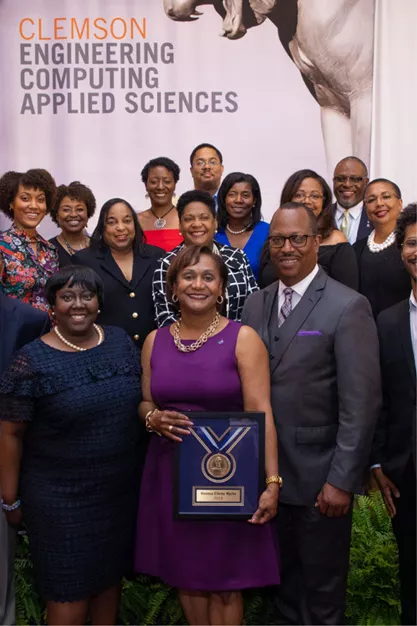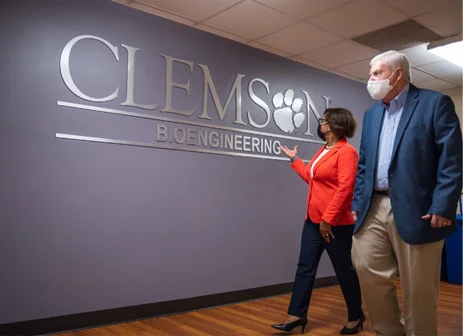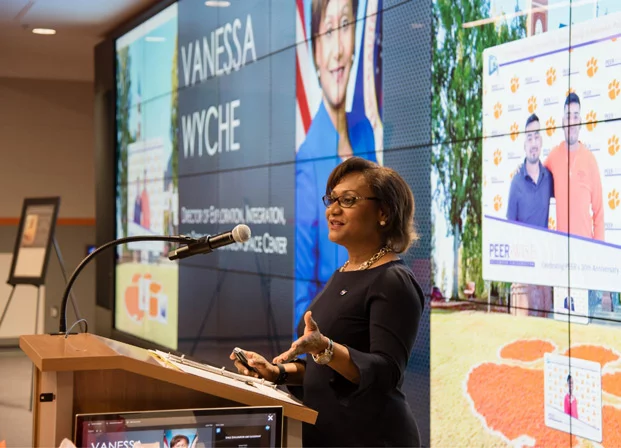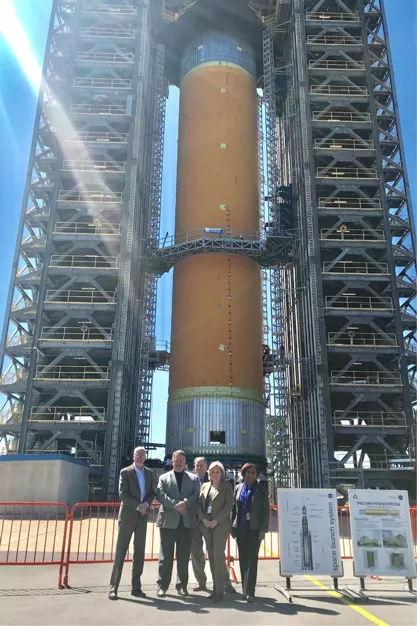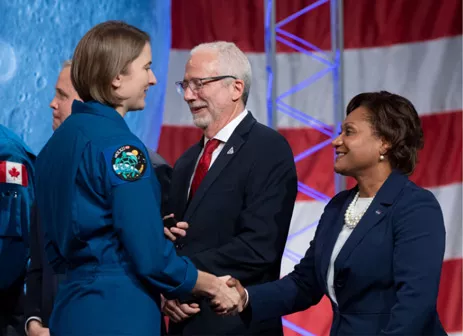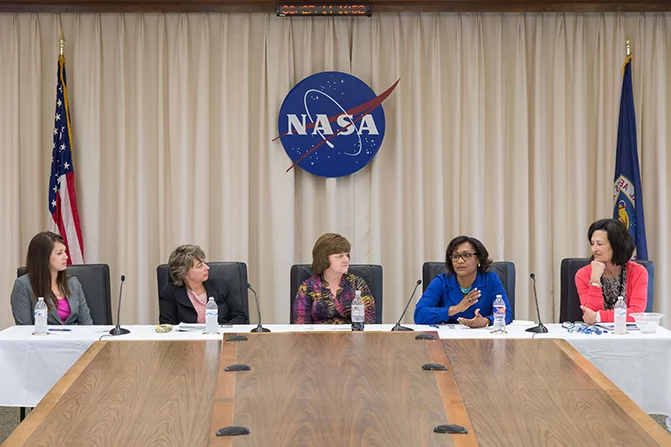Explore your interests
"I’ve always had a passion for learning. My parents were educators, and academic excellence was a fundamental tenant in our household. They instilled in their children that with hard work and focus, anything is possible. Being one of few did not deter me then, and it motivates me now to mentor young females and encourage them to pursue STEM careers."
Vanessa Wyche was destined for outer space. It was the only place big enough to contain her dreams.
Even as a young child, Wyche had a vision for what she could become. Her parents offered support and encouragement. Teachers and mentors nurtured her inquisitive mind. And the world's limitless possibilities provided a bedrock of inspiration.

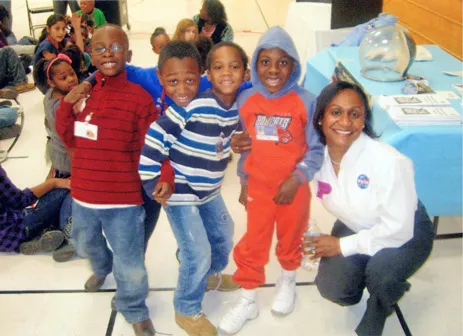
The two-time Clemson alumna secured her undergraduate degree in engineering and master's degree in bioengineering from the University in 1985 and 1987, respectively. Her experiences on campus paved the way for a more than 30-year career pairing public service with scientific discovery, and in 2021, she secured the helm of NASA's Johnson Space Center (JSC).
Today, Wyche serves as director of the Houston, Texas-based facility, which has been a hub of human spaceflight activity for more than half a century. Through the decades, the Center has housed the nation's astronaut corps, directed International Space Station mission operations, and overseen the Orion and Gateway programs along with a host of other future-space developments.

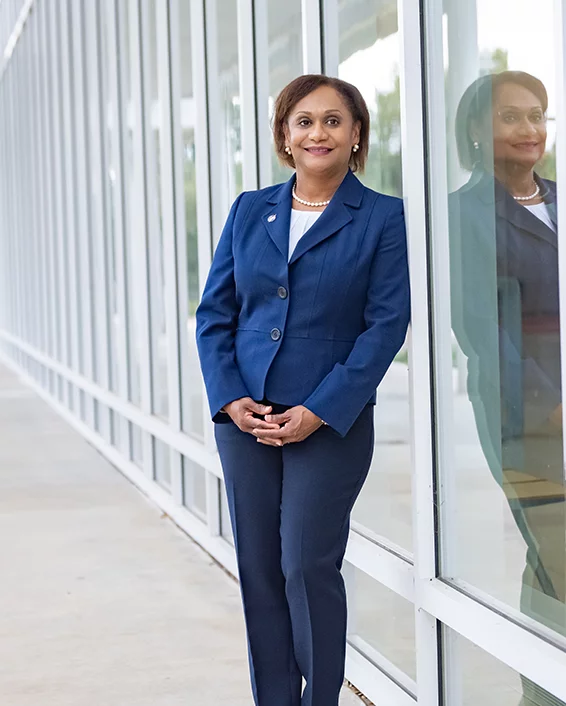
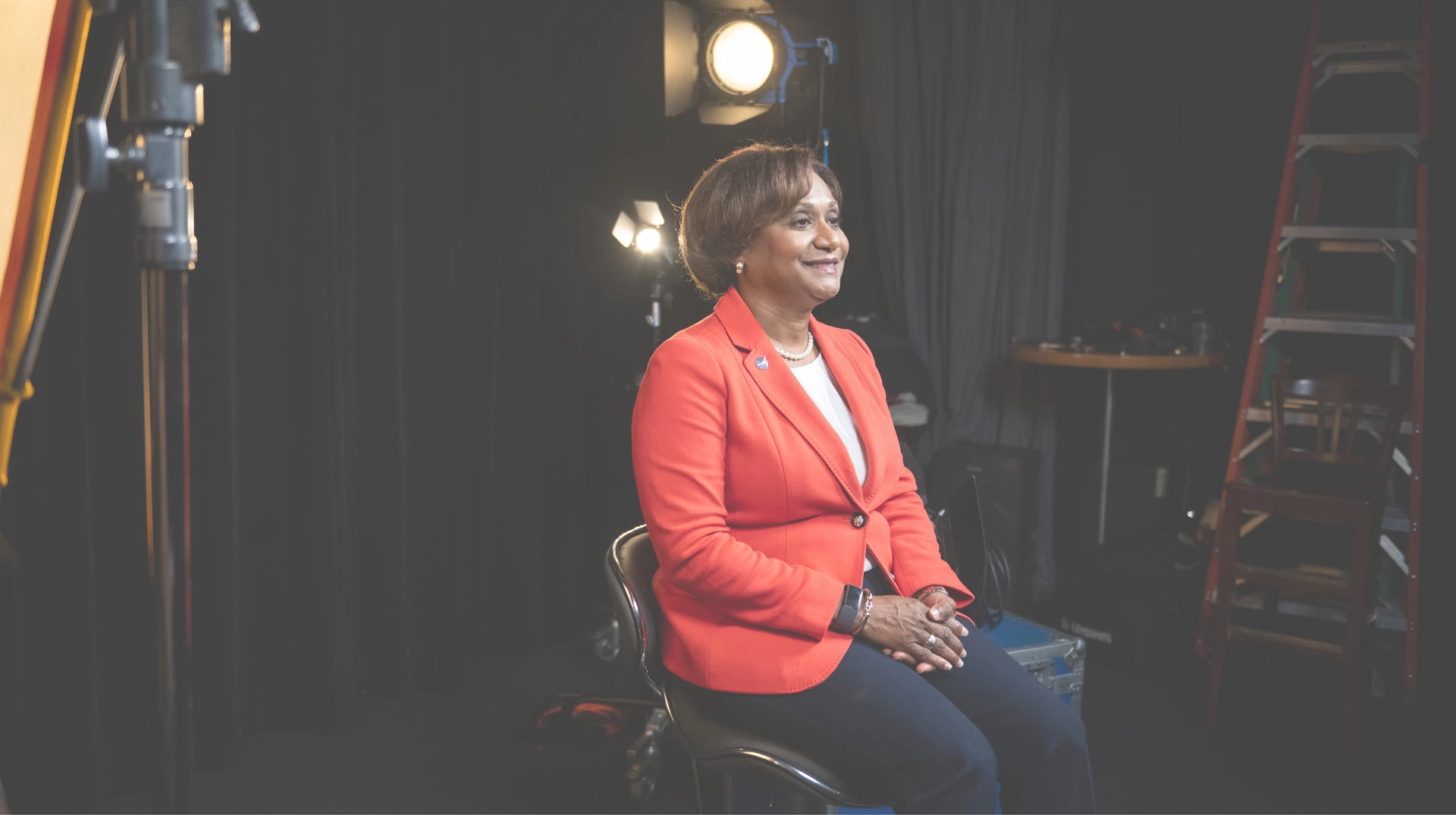
 Focus on the future
Focus on the future